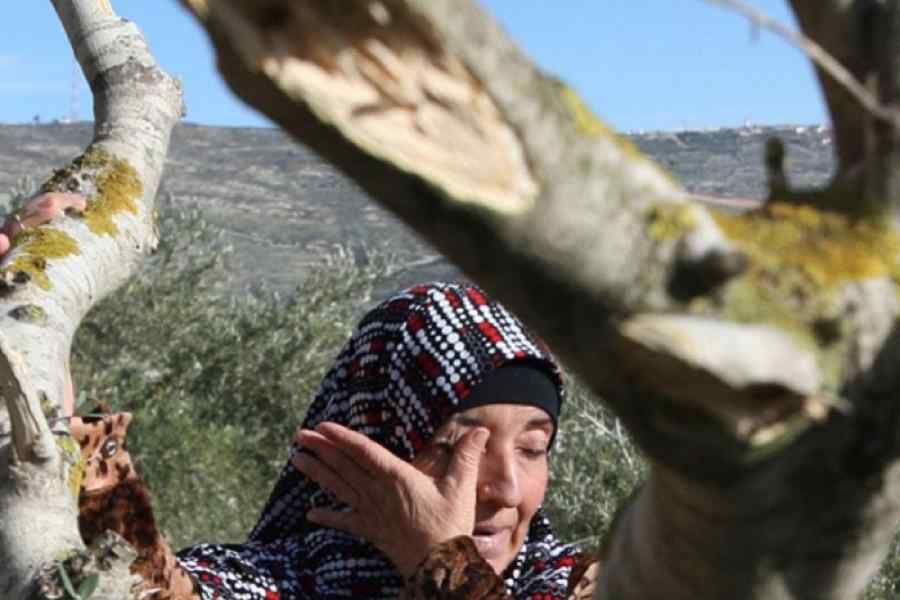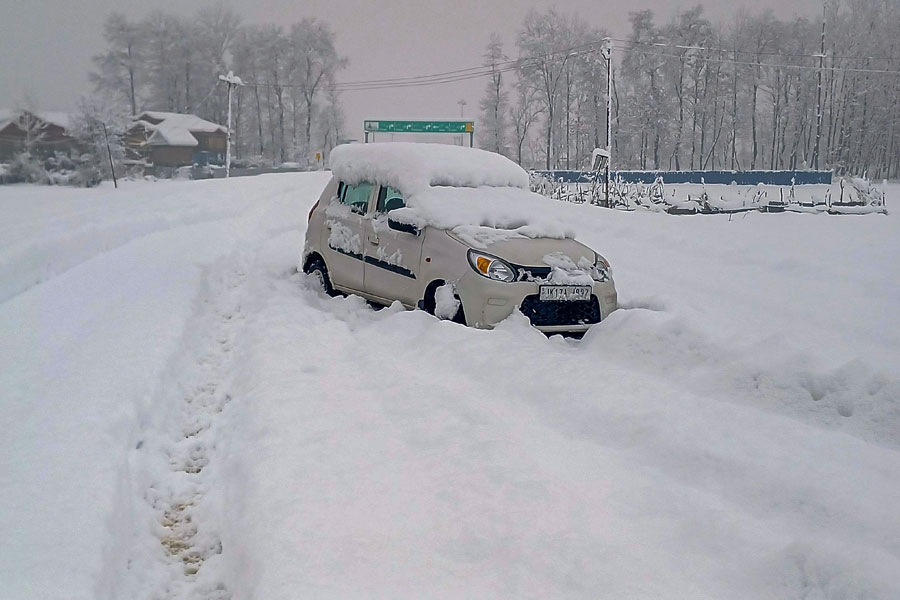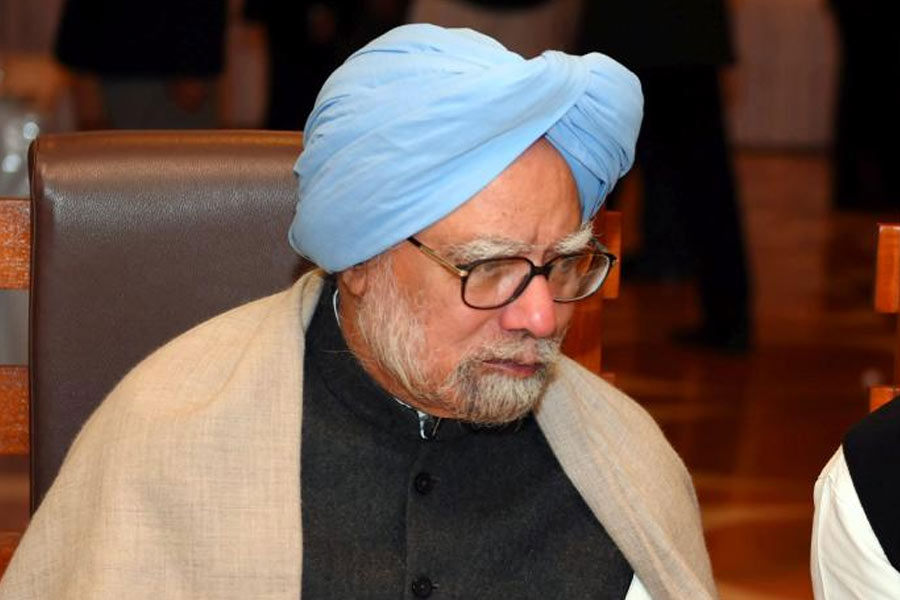A video has been doing the rounds since the beginning of the conflict between Israel and Hamas in Gaza. The footage shows an elderly Palestinian woman shielding an olive tree with her body. She says, her voice broken, that she is protecting the tree from Israeli settlers who had attacked it.
What makes this visual revealing are its content and timing. In a world that has been photobombed with grisly images of dead and injured Palestinian children, grieving, traumatised adults, a city in rubble, et al., since Israel’s disproportionate retaliation to Hamas’ butchering of Israeli civilians on October 7, the sight of a frail woman protecting a tree as a testament of war might appear to be peculiar. But this, indeed, is proof of war, a different kind of war, a war that has often remained concealed, over the years, by the debris left behind by Israel’s conventional military aggression since its besiegement of Palestinian territory. In fact, this other, but equally brutal, war has a name: it is called ecocide and it involves, going strictly by the book, the wilful destruction of the natural environment, including indigenous species, of a contested terrain by an aggressor.
But this, by no means, is a new kind of militarism in the context of Israeli-Palestinian adversities. The video referred to at the beginning of this column that bears evidence of Israel’s perpetration of ecological crimes against Palestine was shot in November — but in 2005. This means that the footage is 18 years old. The history of Israel’s complicity in the terrestrial transformation of Palestinian land stretches back even further.
In a piece for Opinio Juris, Ahmed Abofoul, an international lawyer, has argued that Israel has been involved in transforming the ecological character of occupied Palestinian territory since its creation. In 1948, the year of Israel’s birth, and in the time that has followed, oaks, carobs, hawthorns — trees native to Palestine — were allegedly uprooted in a concerted effort and replaced with foreign flora such as pines. The intention, Abofoul writes, is two-fold. First, the pines were susceptible to wildfires — Jerusalem and its vicinity had witnessed several wildfires in 2021 — degraded biodiversity, and enhanced the chances of drought. Second, the trees served the equivalent of ecological erasures, obliterating the indigenous traits of Palestine’s flora — the markers of Palestinian identity — and turning the lands more European in appearance.
The evidence of the other facets of this form of combat is both voluminous and chilling. The Israeli army and settler communities in occupied territory have been accused of systematically targeting olive trees, a source of agricultural income for Palestinian farmers, to inflict economic penury: an estimated 9,000 olive trees were decimated in the West Bank between August 2020 and 2021. Then, there is the poisoning of air, water and land (the United Nations Development Programme is on record acknowledging the “pervasive” effects of Israeli occupation on Palestine’s worsening climate crisis). The Israeli government stands accused of providing tax incentives to companies with the worst polluting records to move them to the West Bank. In 2016 alone, 83 million cubic meters of wastewater was pumped through the West Bank. Here is Abofoul on another kind of contamination experimented with by Israel: “In 2019, Forensic Architecture issued a visual investigation entitled ‘Herbicidal Warfare in Gaza’ which showed that ‘[s]ince 2014, the clearing and bulldozing of agricultural and residential lands by the Israel military close to the eastern border of Gaza has been complemented by the unannounced aerial spraying of crop-killing herbicides’. The Israeli military sprays a combination of three herbicides: Glyphosate, Oxyfluorfen (Oxygal) and Diuron (Diurex), some of which were classified by the WHO’s Cancer Research Agency as ‘probably carcinogenic to humans’.” Consequently, swathes of arable Palestinian land have been turned infertile.
Ecocide, incidentally, has been designated as a war crime by Article 8(2)(b)(iv) of the Rome Statute. Yet, much of the public discourse remains focused on Israel’s terrestrial, as opposed to the simultaneous ecological, infringements on Palestine. This is despite the fact that the alterations in Palestine’s environment and ecology are meant to augment the project of territorial expansion.
Of course, Israel cannot claim to be the originator of the devilish endeavour of ecocide. Scholars of settler-empire contestations — from Suha Jarrar, a chronicler of Israel’s environmental apartheid in Palestine, to Amitav Ghosh, among many others — have traced the phenomenon of ‘terraforming’ — the equivalent of Israel’s terrestrial terrorism in Palestine — to the European colonising project in the Americas and Asia. Ghosh argues (The Nutmeg’s Curse) that although human history is synonymous with colonisation and conquest, what made European settler-colonial contestations exceptional were precisely those “[w]ars of terraforming [that] were biopolitical conflicts in which entire populations were subjected to forms of violence that included massive biological and ecological disruptions.”
Ghosh goes on to suggest that settler-colonial terraforming cannot be viewed in isolation from broader climatic shifts. Israel, it may be argued, has been the bearer of this dark tradition as well. Writing in Al Jazeera, Marwan Bishara, a senior political analyst, states that “Whereas worldwide temperatures have increased by an average of 1.1°C since pre-industrial times, in Israel/Palestine average temperatures have risen by 1.5 degrees Celsius between 1950 and 2017, with a forecasted increase of 4°C by the end of the century.” This makes the convergence between the Palestinian political cause and that of climate justice evident which, in turn, consolidates the argument that Israel’s depredations on Palestine not only have colonial antecedents but are also colonial in essence and praxis.
By way of explaining its abstention from the vote on a resolution at the United Nations General Assembly last month that demanded a humanitarian ceasefire to the Israel-Hamas conflict, New Delhi had argued that its controversial decision had been based on the rationale that there should be no equivocation on terrorism. (The UNGA resolution moved by Jordan, New Delhi stated, had made no explicit mention of Hamas’ predations on Israel.) As a nation that has suffered terrorism’s talons, India was deserving in its demand for non-compromise with that spectre. But New Delhi should also know that terrorism can take a myriad forms, ranging from attacks on civilians and State installations to the slow violence of terraforming, the kind that, even as it unfolds, such as in occupied Palestine, remains under the global radar.
It would have been reassuring to know that India’s subsequent vote, in November, in favour of a resolution in the UNGA condemning the activities of Israeli settlements in occupied Palestine was a tacit acknowledgement of terrorism that goes by the name of terraforming.
uddalak.mukherjee@abp.in











